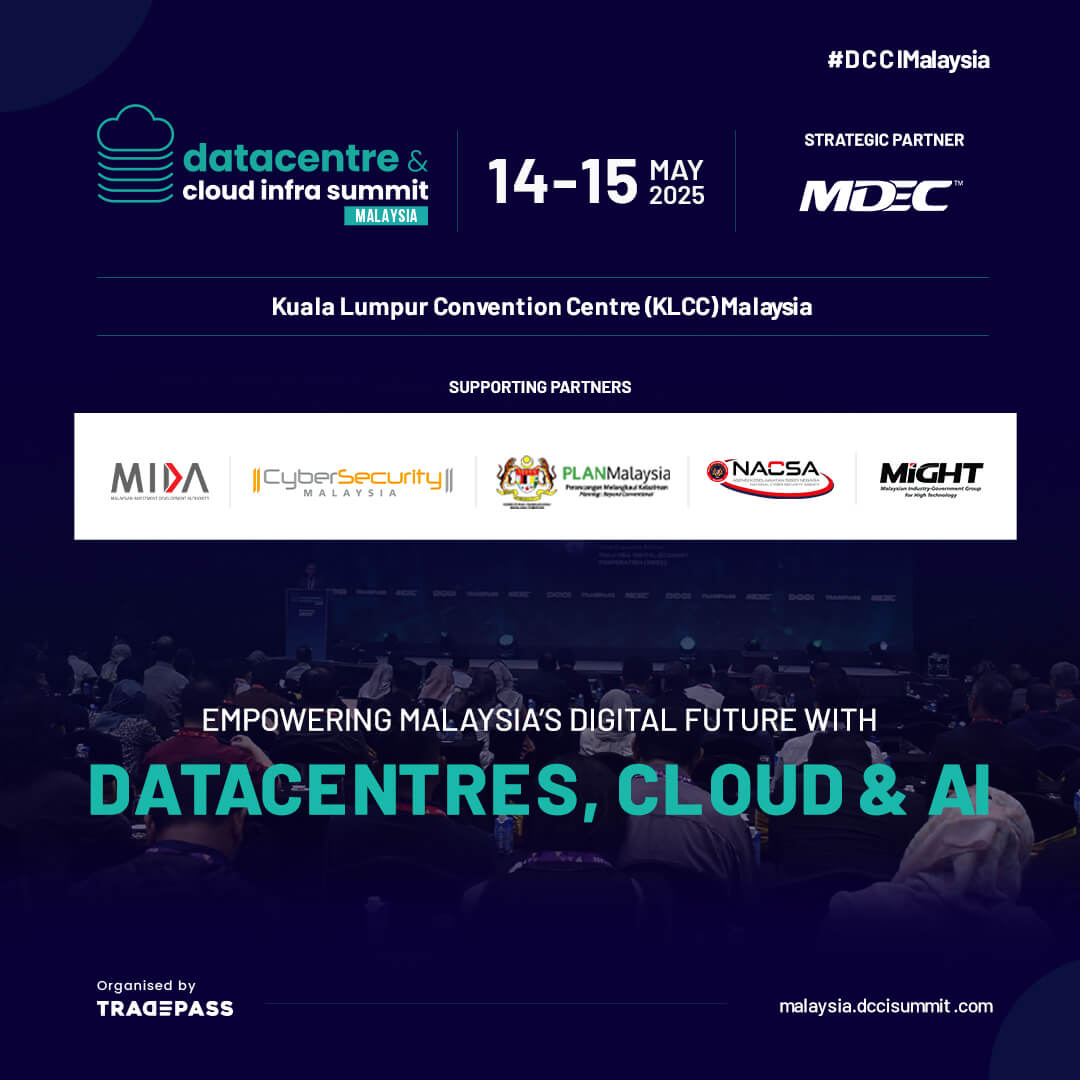Heaptalk, Jakarta — Visiting Indonesia (04/17), Apple’s CEO Tim Cook met Indonesia’s President, Joko ‘Jokowi’ Widodo, to discuss the potential investment that can be executed in the archipelago.
Tim Cook’s arrival in Indonesia will involve investment in a training facility called the Apple Developer Academy. The company performed this step to meet the Domestic Component Level (TKDN) value required to sell its products, such as iPhones, iPads, and Apple Macbooks, in Indonesia. As is known, Indonesia’s Trade in technology products, such as cellphones, computers, and tablets, is required to meet a TKDN of at least 35%.
Following this regulation, the country’s government will consider this behemoth technology corporation to boost human resources capabilities through education and training in these academies, which is also expected to advance local talent skills in technology infrastructure.
“We have been talking with Apple for a long time. We are talking about the policy, not the specifics, but our regulation for Apple. They have established three academies, and soon, there will be four. The outcome is fantastic in producing Brainware human resources, innovations, and applications that other companies can use,” Indonesia’s Minister of Industry, Agus Gumiwang, comments on this matter, as cited in Antara.
As a part of its investment in local talents looking to embark on careers in the region’s growing iOS app economy, Apple has unlocked Indonesia’s fourth Developer Academy in Bali. Since Indonesia’s first Developer Academy launched in Jakarta in 2018, Apple has opened academies in Surabaya and Batam, and more than 2,000 aspiring developers have completed the program. Based on Minister Agus’s statement, Apple has injected about US$98.5 million (around Rp1.6 trillion) funds to establish these four Apple Developer Academy facilities in Indonesia.
To date, the cohorts have comprised students from over 90 cities across the archipelago, ranging between 18 and 50 years old. Each brings new ideas and life experiences to app designs and business plans. As a testament to the academy’s impact, around 90% of its graduates have found meaningful employment in various sectors spanning education, e-commerce, transportation, and sustainability.
“We have often seen that a line of code can change the world. In Indonesia, we are investing in the creativity and skills of people determined to prove it. We are excited by the growing developer community in Indonesia, and we look forward to investing in the success of even more coders with our fourth academy in the country,” Cook affirmed.















